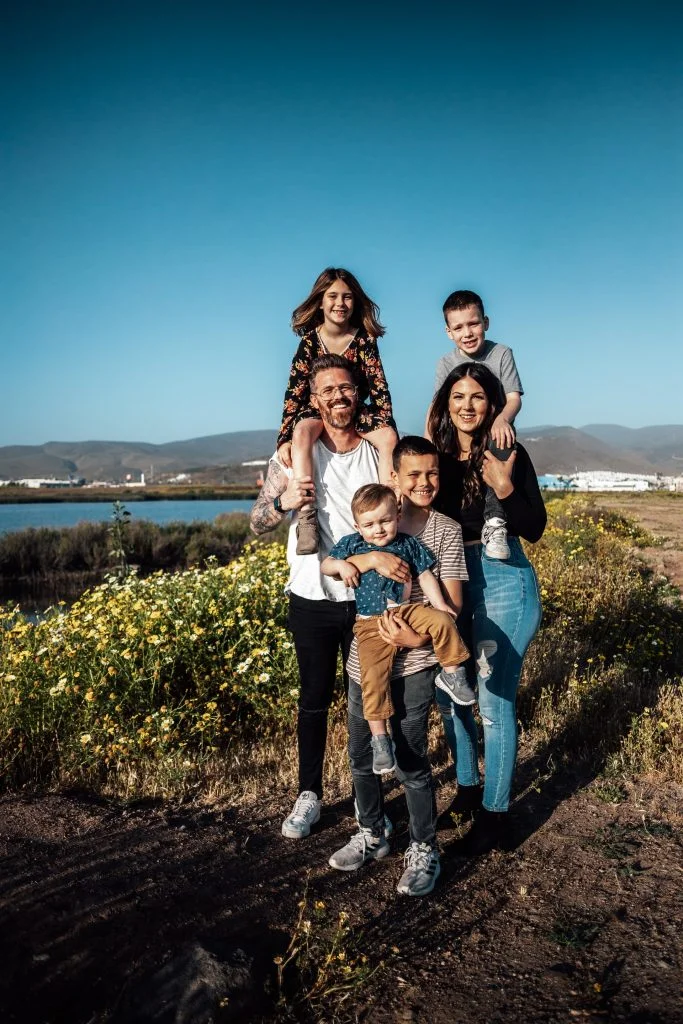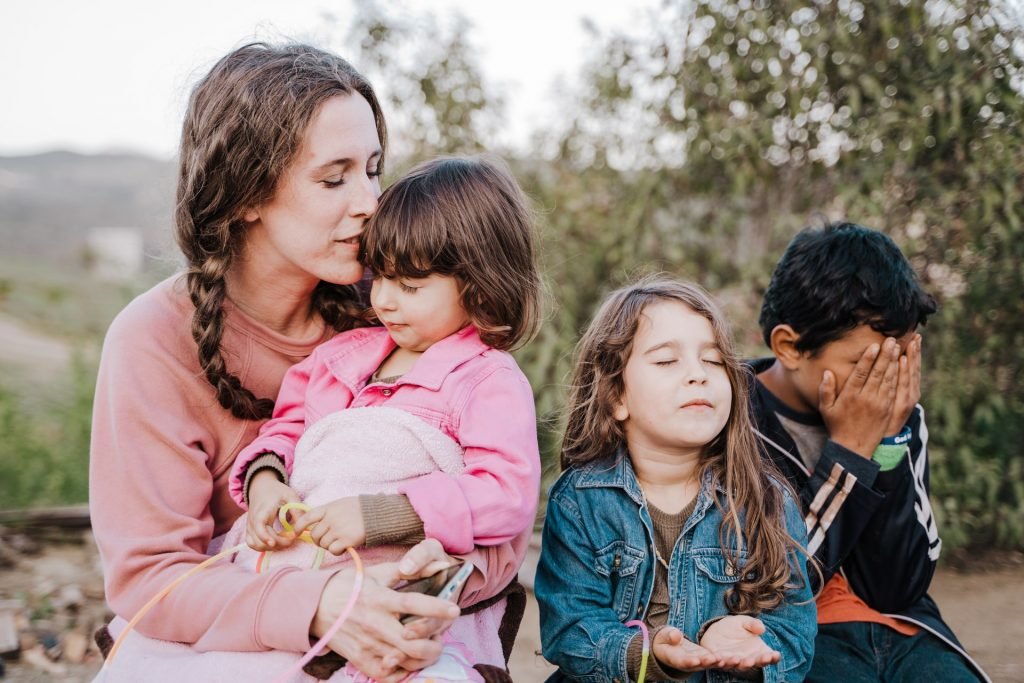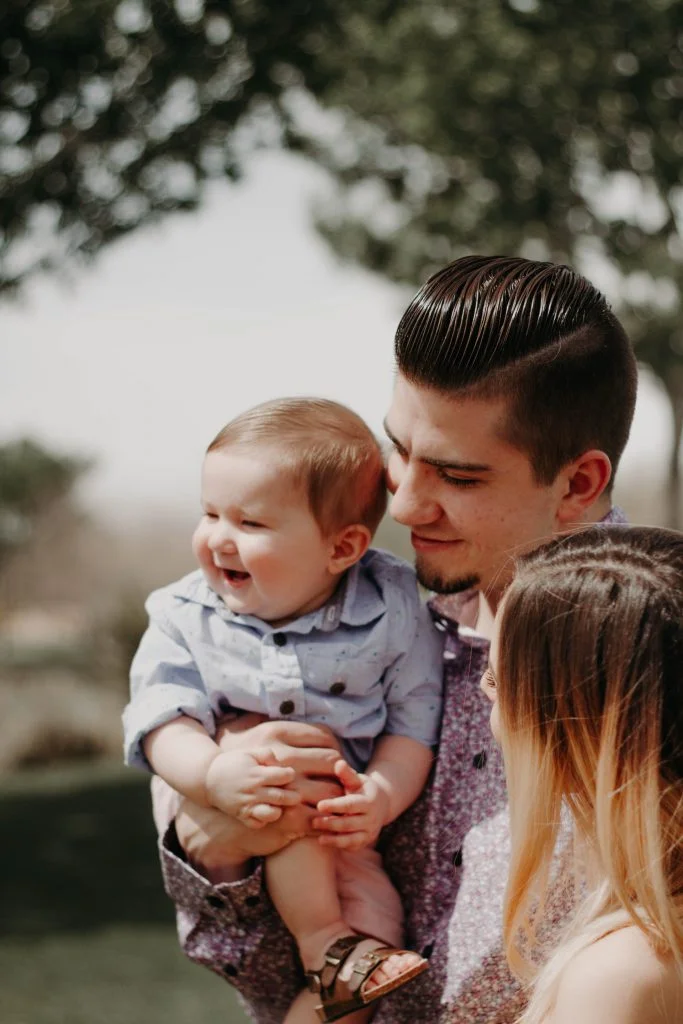Being a foster parent is not a walk in the park. You have to commit yourself to providing the best environment for a child who is coming out of a bad home situation and give them the foundation that they need to get the rest of their life on track.
If you are looking for information on how to be a foster parent, then we’re here to help you out. Here at Courage Community Foster Care, we will be sharing with you the dos and don’ts for foster parents. If you want to know more information, make sure to keep reading below.
Check Out The Dos And Don’ts For Foster Parents Below
Dos
Make Your Foster Kids Feel Welcome And A Part Of Your Family
As a foster parent, the first thing that you should do is to make your foster child feel welcome in your home. First impressions are important for foster kids, especially those with troubled pasts. Keep in mind that you are your foster child’s second family and stress the fact that you are not trying to take them away from their biological family.
Always make sure that you are ready to provide for all their needs. Give them a clean and well-arranged room to stay in. Make them feel that they are safe inside your home and give them access to all areas of your home. Pay attention to their nutrition by providing them with scrumptious and healthy food, and, if possible, provide them with their favorite foods from time to time.
Give them clean clothes that fit them well and provide personal hygiene items for teenage kids. Your home should always be well equipped with medicines and first aid kits. Do not rush them to be close with you. It may take them a bit longer to feel comfortable with you and in your home since it is a new environment for them.
They will need time and space to adjust to their new surroundings. Be consistent in how you treat them. Inconsistency can easily lead to feelings of mistrust Let them know that you care for them and eventually, they will be able to warm up to you. Over time, they will learn how to be comfortable around you.
Allow The Child To Express Themselves
Depending on their experiences; foster children will usually have a sparse emotional vocabulary. They might struggle to let you know about how they feel, no matter how many times you talk to them, so do not be frustrated about it. They can experience difficulty in letting you in. Most foster children have experienced a lot of problems even from a young age, so they tend to shut down to protect themselves as a form of self-preservation or as a coping mechanism. They may not be able to describe the various emotions that they feel. You can help them by guiding and supporting them as you teach them to identify the emotions that they feel.
Make A Lot Of Memories With Them
Fostering children is never the same experience for all; one child’s case will be different than the others. The length of their stay in your home will also vary from one to another. It can be a few days, weeks, months, years, long-term, or a permanent basis. Always make sure to take the steps needed to make them feel that they are a part of your family.
You can make a lot of memories with them during their period of stay with you. This can make them feel as though they are an important part of your family, no matter how long they stay with you. It can be a great way for you to capture the moments that you have shared with them, and by taking photos, you can always look back and remember the memories you shared.
One way to do this is by putting the photos in picture frames and photo albums that you can look at together from time to time. This will help make your foster kids feel that they are a part of your family. You can also give them photos so that they can remember you even when they go back to their biological family.
Allow Them To Spend Alone Time With Their Social Worker
As a foster parent, you should allow your foster kid to talk and have a one-on-one session with their social worker. This will allow them to talk freely with their social worker. You must give them privacy as this can be a great way for them to express themselves without having to feel afraid or scared that someone is listening to them.
Think About Their Safety
As a foster parent, your priority will always be the safety of your foster children. You must never assume that your home is automatically a safe place for them; always ask them how they feel. You should know the things that make them feel uncomfortable. Keep in mind that foster kids can take a while to get used to your home since it is a new environment for them. You should make them feel safe and allow them to be comfortable in your home until they have adjusted well.
Realize That Visits From The Biological Family Can Be Difficult
A foster child will look forward to their biological family visits, but do not be surprised if they display feelings of anxiety and other mixed emotions when it happens. You should also understand that negative feelings like anger or fear may be associated with their biological family, especially if they had a difficult upbringing. They can also feel disappointment and sadness if their biological parents do not show up for the scheduled visits. After the visit, some foster children may feel anxious and will need a few days to recover. As a foster parent, you should be understanding and give them space to process their feelings accordingly.
Don’ts
Don’t Have Unreasonable Expectations Of Your Foster Kid
Foster children have undergone different types of trauma, which can make it difficult for them to keep up with the rest of their peers. This means that they may experience difficulty focusing, studying, getting good grades, and even making friends in school.
You must not have unrealistic expectations of them as this can cause them to feel fear, shame, anger, or self-pity. Provide them all the support that they will need so that they can cope with everything as they heal from the trauma that they have experienced.
Do Not Get Angry When You Find Out That Your Foster Child Lied To You
Foster kids usually use lying as their coping mechanism or as a survival strategy. They use it sometimes as a defense mechanism or as a way to protect themselves from getting hurt. You must not be disappointed when you find out that they lie to you, especially when you try to understand things from their perspective.
You can teach them to tell the truth by providing them with positive reasons to do so. Take small steps and teach them to become better people. You can help them understand forgiveness and teach them that they do not have to lie to feel safe because you will try your best to make them feel safe while they are under your care.
Do Not Remove Anything That They Own Or Anything Their Biological Family Has Given Them
Foster children will usually have something physical given to them by their biological family, like a stuffed toy, a bracelet, or a cute shirt. It can help them remember their biological family and you should not take that away from them. These objects can help remind them about their original home and their biological family while they are away from them, especially for those who have the possibility and are in the process of reuniting with their biological family.
If You Have Kids, You Should Not Compare Them With Your Foster Kids
If you have children that are almost the same age as your foster kids, you should never compare them with one another. For example, do not tell them “You should be like (child’s name), he or she is doing great in school”. Give them the space to be themselves and grow as individuals. It is not uncommon for anxiety to arise because of the stress of being compared with other people. Your foster child is doing their best to make it through one day at a time and you must not rub their deficits in their faces. Doing so will be very overwhelming and will not help them cope with the problems that they are experiencing as a foster child.
You can help them by comparing their progress from the first day they entered your home to where they are currently. If you see that they are improving by engaging and speaking to others with no issues, you can point out these things and commend them to let them know that you are proud of their progress.
Do Not Lose Your Temper With Your Foster Kid
Patience is one of the must-haves of any foster parent. Never lose your temper with your foster children and always remain patient and understanding with their situation. Always remember to keep in mind that adjustment is not just for foster children, but for the foster parents as well.
Mistakes can happen during the adjustment period and you should be supportive and patient with them. Let them feel that you care for them as you help them become a better person, teach them well so that they can correct their ways, and you should let them know that you are available to talk if they have any problems.
Do Not Spoil Them
In the same way that you avoid spoiling your biological children, you should not overindulge your foster kids. As a new foster parent, you may be eager to provide them with their needs and wants, but if the situation calls for it, you will have to be stern with your foster children. Let them know and explain to them how they have overstepped boundaries if they do something wrong. You can also use positive reinforcement if you have to discipline your foster child.
If you are interested in becoming a foster parent, you should check out Courage Community Foster Care. You can check out our services here. You can check out this link if you want to read our foster parents’ testimonials. If you have any questions or inquiries, you can fill-up this contact form here.
Are you planning to become a foster parent? Are you located in Colorado, USA? Courage Community Foster Care can help you with the process. We are a private child placement agency and are licensed by the Colorado Department of Human Services.
We exist to help children that need to be placed in foster care, especially those who are not allowed to live with their birth families due to a number of reasons. Our agency has been working with foster kids since 2012. If you want to inquire or have any questions on how to foster a child, we are here to help you.
You can call us at 719-321-4319 or send us an email at kerrih@fostercourage.com. Our P.O. Box address is P.O. Box 262 Cascade, CO 80809. Allow us to help you help foster children that are in need. Contact us today if you want to know more details. We look forward to hearing from you!






Recent Comments